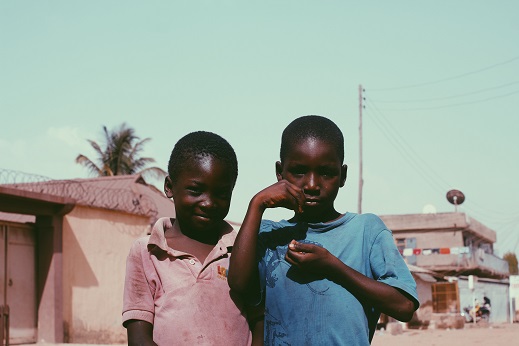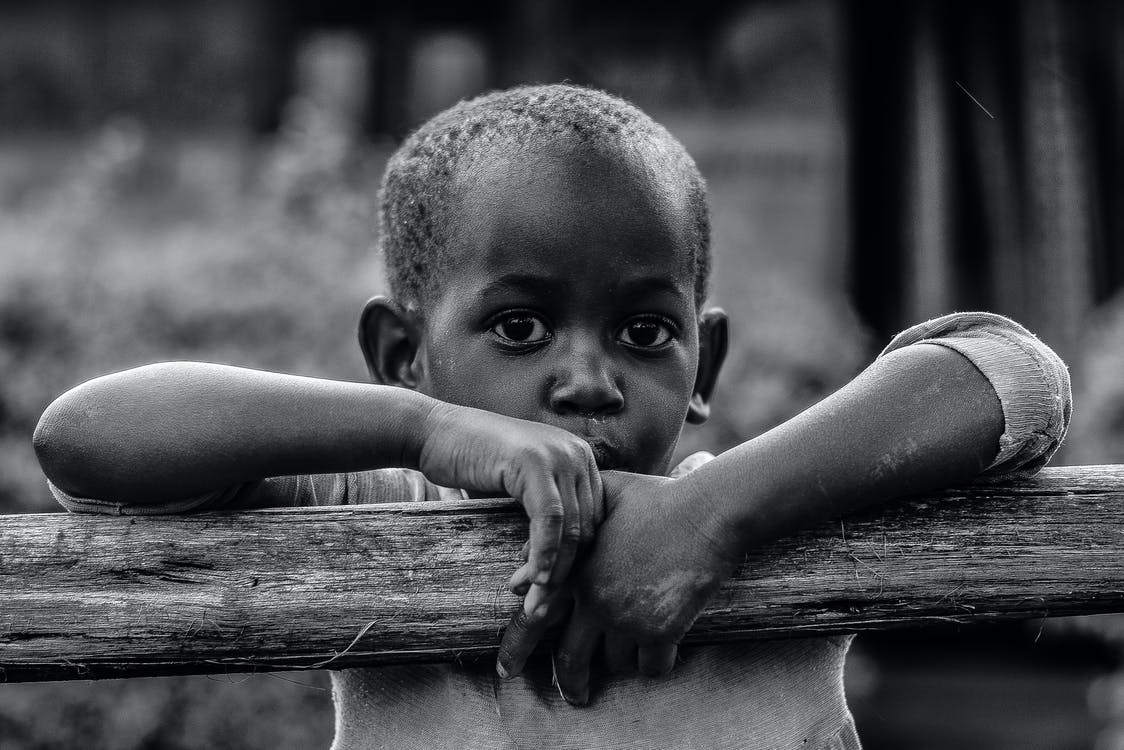Preventable diseases skyrocket as vaccination efforts focus heavily on the coronavirus.
The World Health Organization (WHO) and the United Nations International Children’s Emergency Fund (UNICEF) have issued a joint warning concerning an uptick in measles cases this year. Measles is an extremely contagious infectious disease in which symptoms develop roughly 10-12 days after exposure and typically lasts a week to ten days. The most commonly reported symptoms include a high-grade fever, cough, runny nose, and eye irritation. According to the agencies, worldwide cases are up “nearly 80%” from the same time last year thus far, and greater than “17,300 measles cases” were reported in January and February alone (compared to 9600 cases in the first two months of 2021).
In the last year, there have also been “21 large and disruptive measles outbreaks,” the agency warned, with most of these cases occurring in Africa and the East Mediterranean. The highest number of cases occurred in Somalia, Yemen, Nigeria, Afghanistan, and Ethiopia. WHO and UNICEF shared that they believe there may have been an underreporting of cases in the last year due to the pandemic.

“Pandemic-related disruptions, increasing inequalities in access to vaccines, and the diversion of resources from routine immunization are leaving too many children without protection against measles and other vaccine-preventable diseases,” the organizations said, adding that now that coronavirus restrictions beginning to go by the wayside, measles outbreaks are more likely.
“It is encouraging that people in many communities are feeling protected enough from COVID-19 to return to more social activities. But doing so in places where children are not receiving routine vaccination creates the perfect storm for the spread of a disease like measles,” Catherine Russell, executive director for UNICEF, explained.
And while the measles typically can be prevented with a vaccination that has been around for years, “about 23 million children missed childhood vaccinations in 2020,” the groups said. “Childhood vaccination campaigns were hindered due to the COVID-19 pandemic and conflicts in Ukraine, Ethiopia, Somalia, and Afghanistan.”
Nearly 60 campaigns targeting vaccine-preventable diseases across 43 countries are, in fact, still postponed because of the virus and these conflicts. This “could affect 203 million people,” said WHO and UNICEF. Among those efforts, “19 are measles campaigns, which could put 73 million children at risk of measles due to missed vaccinations.” The five countries that had the highest measles cases in the last year, the agencies warned, had first-dose vaccine coverage of only around “46% and 68%.”
Many other preventable diseases, such as diphtheria, tetanus, acellular pertussis, and varicella, are also on the rise due to less children receiving vaccinations against these diseases. The heightened focus on vaccinating children against the coronavirus has caused a huge portion of campaign funding to be rerouted into this direction, and this was especially the case when a COVID-19 shot for those ages 5-12 became available.
“Even though the decreases appear small, it means tens of thousands of children across the U.S. started school without their common childhood vaccinations, the Centers for Disease Control and Prevention (CDC) announced. Shannon Stokley, DrPH, deputy director of the CDC’s Immunization Services Division, said, “We are concerned that missed routine vaccinations could leave children vulnerable to preventable diseases like measles and whooping cough, which are extremely contagious and can be very serious, especially for babies and young children.”
Sources:
WHO, UNICEF Warn About Increased Risk of Measles Outbreaks
UNICEF and WHO warn of perfect storm of conditions for measles outbreaks, affecting children


Join the conversation!